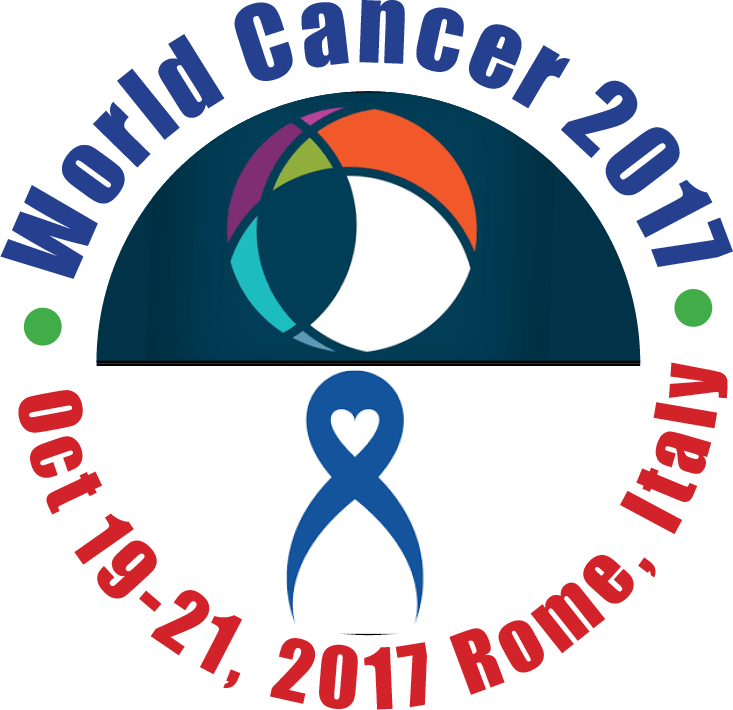
Seong Gyeong Mun
Yonsei University College of Medicine, South Korea
Title: c-Met overexpression of fibroblasts increases angiogenic signal in breast cancer
Biography
Biography: Seong Gyeong Mun
Abstract
We found that c-Met overexpression was induced in normal breast fibroblast (NBF) by the conditioned medium (CM) of cancer cells regardless of subtypes, which made us to hypothesize that c-Met overexpression is a property of cancer associated fibroblast (CAF). Therefore, we investigated whether c-Met overexpressing NBFs contribute to tumor progression. To this end, extracellular matrix (ECM) gene expression alteration was analyzed from the NBFs transfected with c-Met overexpression plasmid using cDNA microarray since CAF constructs tumor microenvironment by ECM remodeling. In our microarray data, matrix metalloproteinase 1 (MMP1) was most up-regulated in c-Met overexpressing NBF (approximately 10-fold) compared to the control NBF. According to previous studies, MMP1 induces VEGFR2 (Vascular endothelial growth factor receptor 2) expression in endothelial cells (ECs). So, it was assumed that c-Met overexpressing NBF contributes to breast cancer angiogenesis. In our study, the CM of c-Met overexpressing NBF induced a better tube formation of endothelial cells (Hy926) than that of control. On the other hand, tube formation by c-Met overexpressing NBF CM was reduced in the presence of c-Met inhibitor. Similar results were also observed in the co culture of NBF and breast cancer cell lines (luminal A, B, Her2, and TNBC). The expression of c-Met and MMP1 was increased by the co-culture, whereas was decreased in the presence of c-Met inhibitor. Tube formation of EC was increased by the CM of the co-culture, whereas decreased by c-Met inhibitor-treated co-culture CM. Based on our results, c-Met inhibitor may be able to suppress angiogenesis in breast cancer by decreasing c-Met-induced MMP1 expression of CAFs.

